~Lauryn Hill, “I Find It Hard to Say (Rebel)
“If you don’t learn the mistakes of history, you are doomed to repeat them.”
~Every history teacher, ever
As the sickening and tragic terrorist actions of white supremacists unfolded this weekend in Charlottesville, Virginia, all I could think of is, “what do we tell our students?” Some educators have already started school. Some will have their first day of school today, and some not for a few weeks. But going through classroom rules, procedures, and syllabi simply isn’t going to cut it. We have a duty as educators to address the increasingly bold strand of virulent racism (wrapped in with several other “isms”) rearing its ugly head in this country. So this piece lays out at least two reasons why silence is simply not an option and shares some concrete ideas on how you can address this.
We’ve already been too silent for too long.
As a math teacher, I once had an activity on positive and negative integers where students moved around a classroom-sized number line based on how they felt on certain issues. My school was 98% African American, and when it came to immigration, one of my students stood on the most negative side of the room. And this seventh grader ranted about how “immigrants come here illegally and take all the jobs.” I could have challenged him to support his claim with evidence. I could have pushed him to consider the long and dangerous history of scapegoat theory. Or I could’ve done even better and informed him that my presence in this country was a result of both of my grandmothers coming here from Barbados without documentation, helping him put a face to his stereotype. But instead, I said nothing. I just moved on with my lesson.
I said nothing because I wasn’t an expert on immigration. I didn’t want this student to feel picked on, and I realized that this was probably more of his parents’ opinion than his. I was also worried that he wasn’t the only one in the class that felt that way, and I didn’t want his views to encourage other students to meet him at -10.
I failed to realize that my silence was far worse than any of these concerns. I wasn’t an expert, but that didn’t have to stop me from reflecting and coming back the next day with a more coherent response. My worries about his feelings of being picked on was probably a form of low expectations on my end: who in the world do I think I am to presume that asking a student to support his claims with evidence will hurt his feelings? And my beliefs that his parents informed his opinion and his views resonated with my other classmates should have been even more reason for me to address this.
I, like too many educators, chose silence over productive confrontation. I speak to educators all the time who feel like parents would get too up in arms if we discussed anti-transgender bathroom bills. Some believe discussing issues raised by the #BlackLivesMatter movement would be too “divisive” to bring up in class. Travel bans, building a wall…the list goes on.
We can and we must end our silence and find the courage to lead these conversations. Because silence is, without fail, the most consistent reason why history’s most egregious mistakes have always been repeated. As educators, we cannot be complicit in this. We must do something.
Our students must understand the truth about what, how, and why our country is experiencing this so they can create the type country we ought to live in.
It would be a grave mistake to talk about #Charlottesville in a vacuum. Sure, it is shocking to see the sheer boldness of white supremacists live and in living color. But the truth for so many groups of people in this country is that this coming out party for the 2017 Ku Klux Klan without the masks is actually a moment of validation. A massive “I told you so.” Seeing thousands of white supremacists violently assemble to declare their hatred shreds the myth that we are in a post-racial society.
What does this mean for educators? It means that it will not be enough to just talk about what happened in #Charlottesville. We need to talk about how #Charlottesville came to be. Our students also need to understand why.
And we need your ideas, too! Where do you get resources for addressing these issues? What is your plan for talking to your students about #Charlottesville? Please share your ideas because no educator can afford to be silent in the midst of this deplorable hatred. Silence is simply not an option.
To learn how your school or organization can adopt thinkLaw’s standards-aligned program that helps educators teach critical thinking to all students, please click here to schedule a time to speak with someone on the thinkLaw team, call us now at (702) 318-7512 or join us on our next webinar; Thinking Like a Lawyer: Powerful Strategies to Teach Critical Thinking to All Students
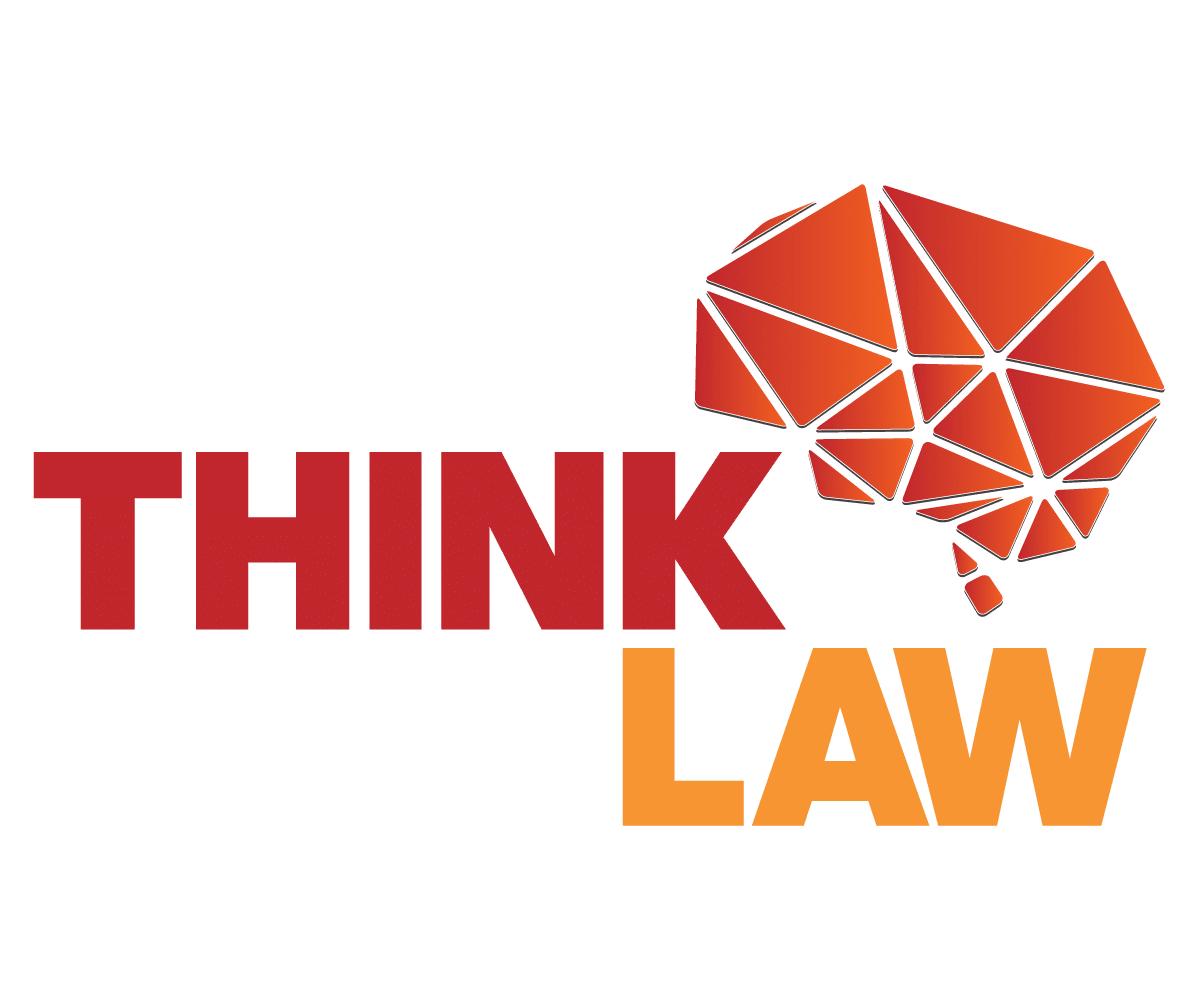

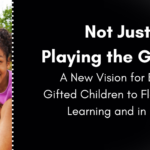
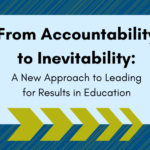
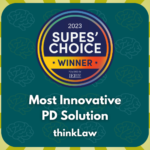
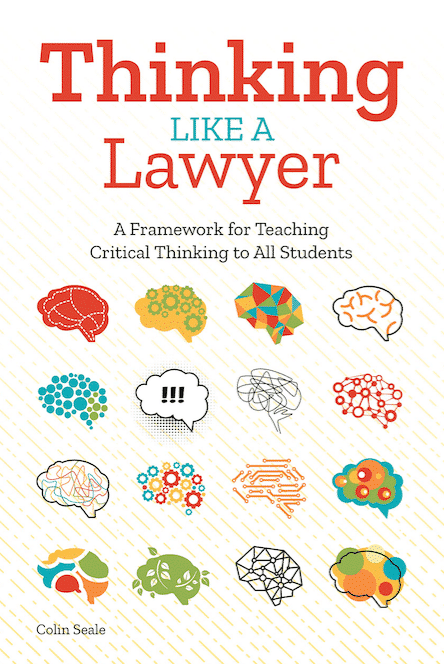
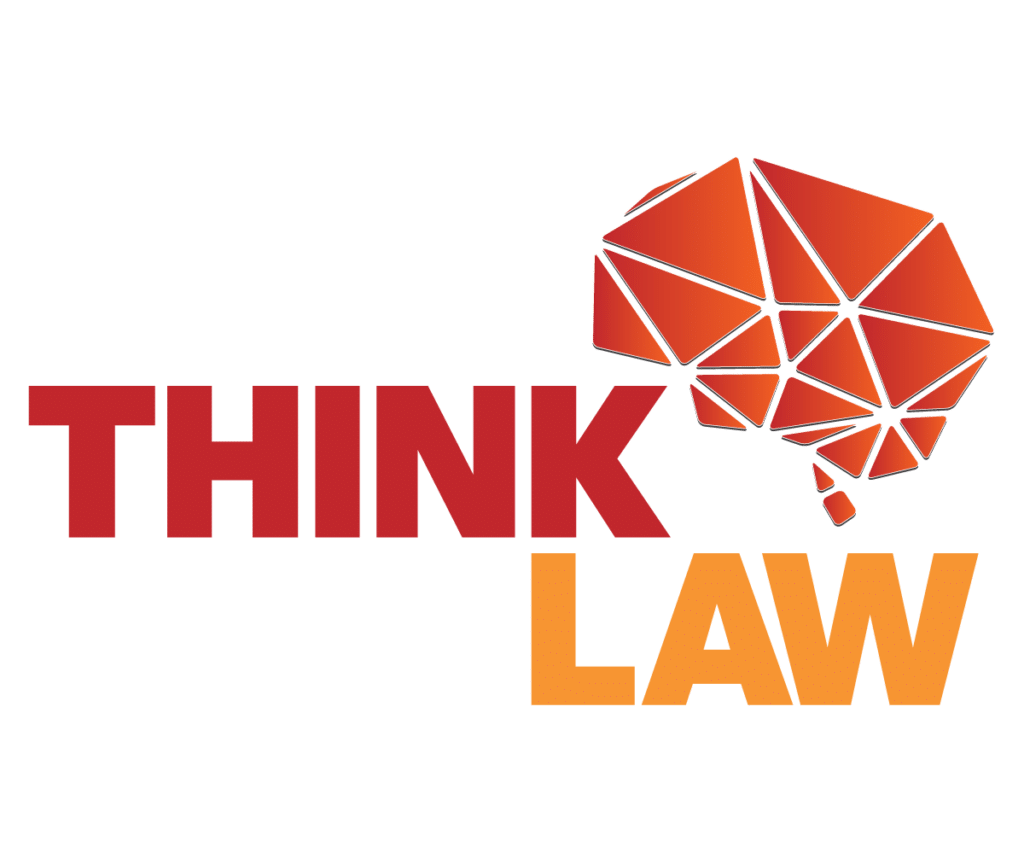
Leave a Reply